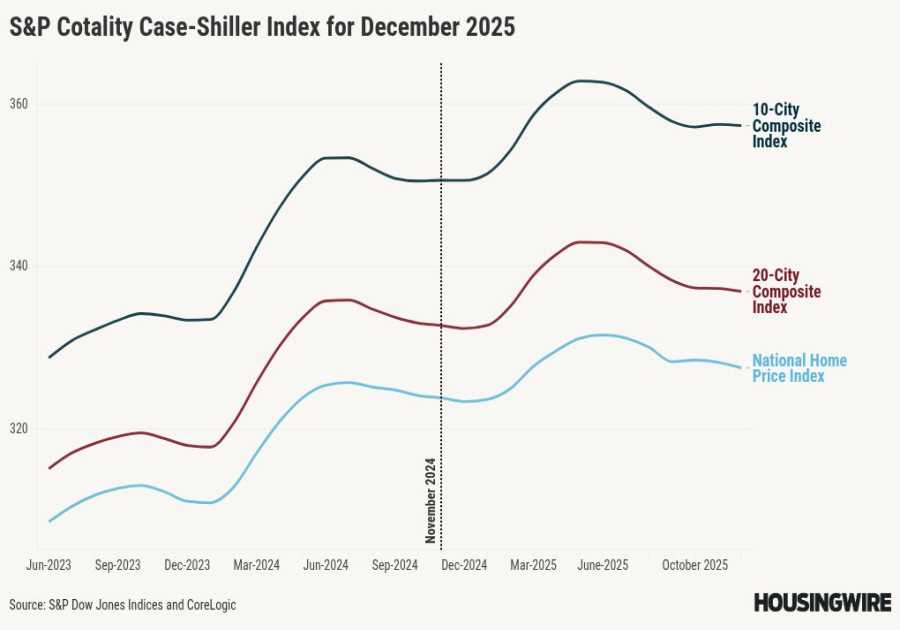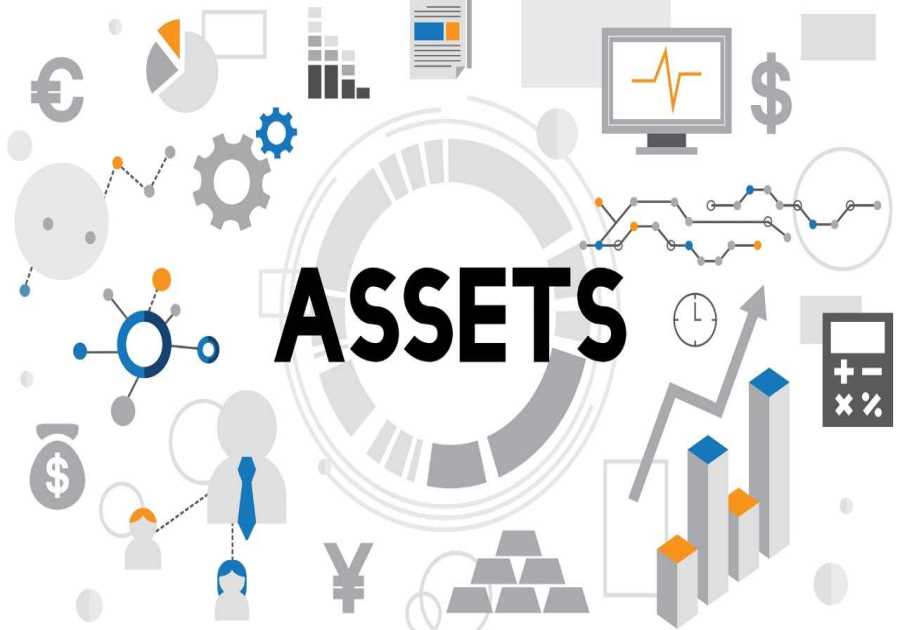When economic uncertainty starts creeping in, dual-income couples often assume they’re protected because two paychecks feel safer than one. But recessions test even the most stable households, and the couples who fare best are the ones who set up strong financial safety nets long before trouble appears. Preparing early gives you options, confidence, and flexibility when layoffs, reduced hours, or rising expenses start to hit. Here are the essential protections every couple should have in place to stay secure through a downturn.
1. Build a Fully Funded Emergency Fund as One of Your Primary Financial Safety Nets
A solid emergency fund is one of the most important financial safety nets to have before a recession. Saving three to six months of expenses provides breathing room if one or both partners lose income. This cushion helps you avoid panic decisions like relying on credit cards or draining retirement accounts. Couples can automate contributions to build this fund slowly and consistently. The goal is to create stability no matter how unpredictable the economy becomes.
2. Maintain Diverse Income Streams to Strengthen Your Financial Foundation
Income diversification adds another layer to your financial safety nets because it reduces dependence on a single job. Couples can explore freelance work, part-time consulting, or small online businesses. Even modest side income can cover groceries, utilities, or savings during tough months. This approach also provides experience and backup options if layoffs arise. The more sources of income you have, the more protected you are.
3. Review Insurance Policies to Create Reliable Protection
Insurance often goes overlooked, yet it’s a key part of creating reliable safeguards. Couples should review health, disability, renters, life, and auto policies to confirm adequate coverage. Disability insurance, in particular, can be a lifesaver if one partner becomes unable to work. Recessions often add stress that increases the likelihood of illness or injuries. Having the right protection reduces financial strain during vulnerable moments.
4. Pay Down High-Interest Debt to Reduce Risk
Paying off high-interest balances is one of the smartest ways to reduce risk when money gets tight. Credit card debt and other costly loans create financial drag just when you need flexibility the most. Eliminating or shrinking these balances frees up cash flow for essential expenses during a recession. Couples can prioritize balances with the highest rates to maximize savings. Reducing debt strengthens resilience and lowers overall stress.
5. Establish a Bare-Bones Budget as a Recession-Ready Plan
A simplified or bare-bones budget is one of the underrated financial safety nets couples should prepare ahead of time. This version of your budget lists only essential expenses like food, housing, transportation, and utilities. Creating it early allows you to switch into “recession mode” quickly if needed. Knowing your minimum survival number gives you a sense of control and reduces fear. This plan ensures you can stay afloat even when income drops.
6. Keep an Updated Resume and Job Search Strategy as Non-Financial Backups
Career readiness is a powerful non-financial safety net during a recession. Keeping resumes, portfolios, and LinkedIn profiles updated ensures you can respond quickly to layoffs or reduced hours. Networking regularly increases job security and opens new opportunities. Couples can also research growing industries that tend to weather recessions better. Staying professionally prepared makes transitions smoother and less overwhelming.
7. Build a Buffer of Household Essentials to Reduce Stress
Stocking up on non-perishable goods and household items is a practical way to protect your budget. Buying essentials like toiletries, cleaning supplies, and pantry staples before prices rise saves money over time. This buffer reduces last-minute spending when budgets tighten. It also prevents panic buying during supply shortages or sudden income changes. Planning ahead helps couples stay calm and prepared.
8. Strengthen Retirement Contributions as Long-Term Backstops
Retirement accounts serve as long-term financial safety nets, especially when markets drop. Continuing contributions during recessions allows you to buy investments at lower prices. Couples can increase contributions when finances are stable to build a stronger foundation. This future-focused strategy protects your long-range financial health. Consistency is the key to long-term growth.
9. Boost Liquid Savings as Flexible Cash Reserves
Liquid savings are critical financial safety nets because they provide quick access to cash without penalties. Couples can store money in high-yield savings accounts to earn more interest without sacrificing flexibility. This pool of cash acts as a bridge during income changes or unexpected bills. The more liquidity you have, the more adaptable your household becomes. Flexibility is essential during unpredictable economic periods.
10. Strengthen Communication and Alignment as Emotional Support Systems
Strong communication is an emotional safety net that keeps couples united when money gets tight. Discussing goals, fears, and expectations prevents misunderstandings during stressful times. Couples who work as a team handle uncertainty more effectively. Aligning on spending priorities creates confidence and stability. A recession is easier to navigate when both partners support each other.
Why Financial Safety Nets Matter Before a Recession
Financial safety nets put you on offense instead of defense when the economy shifts. Preparing early supports stability, confidence, and long-term security no matter how unpredictable conditions become. Couples who put these protections in place now can face recessions with less fear and more control. The steps you take today can shield your future tomorrow.
Which protections are you planning to build first, and what sparked your decision to start now?
What to Read Next…
The Safety Net Most Dual-Income Couples Think They Have—But Don’t
How Inflation Hurts Couples Without Kids More Than They Realize
9 Surprising Perks of Being a DINK Couple in an Inflation-Heavy Economy
7 Ways Dual-Income Households Are Outsmarting Inflation in 2025
6 Investments That Feel Safe But Trap Dual-Income Couples
------------Read More
By: Catherine Reed
Title: 10 Financial Safety Nets Every Dual-Income Couple Needs Before Recession Hits
Sourced From: www.dinksfinance.com/2025/11/10-financial-safety-nets-every-dual-income-couple-needs-before-recession-hits/
Published Date: Mon, 24 Nov 2025 16:00:06 +0000
Did you miss our previous article...
https://trendinginbusiness.business/finance/interior-designer-accounting-tips
.png)





